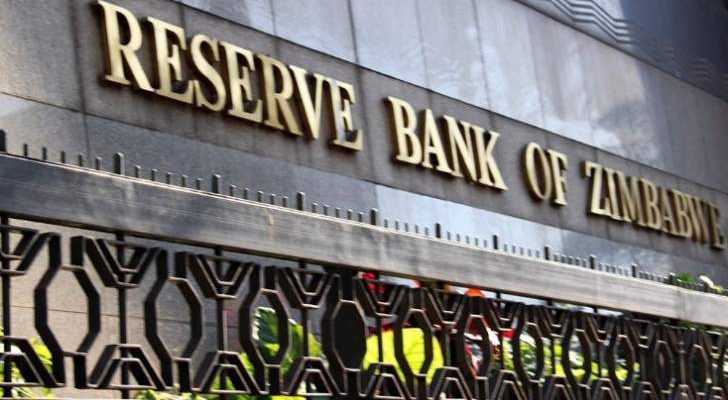Cryptocurrency is getting legal across the world as governments and central banks are rethinking about digital currency. The central bank of Zimbabwe is also making policies and regulations for crypto and crypto-related businesses in the country.
To prevent citizens from crypto scams and hacks, the Reserve Bank of Zimbabwe (RBZ) start taking interest in making a regulatory framework for digital assets. The aim is to establish a fraudulent-free and flexible environment for crypto trading and firms dealing with digital assets.
Zimbabwe and other African countries saw rapid adoption of fintech in recent years, especially cryptocurrency and blockchain. The remittance providers also flourished their network in the country, as a lot of people work in foreign countries.
Sandbox will Assess Crypto Companies
According to Chronicle’s report, the deputy director at RBZ dealing with financial markets and national payment systems, Mr. Josephat Mutepfa, recently talked about proposing a regulatory sandbox. At Sound Prosperity Economic Forum, Mutepfa said:
‘’We have already started to come up with a fintech framework because in regulation everything should be well structured. The framework, which is a regulatory sandbox, will be assessing the crypto-currency companies as to how they are going to operate.’’
‘’Once you enter the sandbox you either exist as a bonafide product to enter the market or you are guided to say that you need to partner a bank, a mobile money platform or your product needs to be licensed like a microfinance company,’’ he added.
RBZ is Reviewing its Past Decisions regarding Cryptocurrency
The local banks in Zimbabwe are not eligible to provide crypto-related services as the central bank implemented strict regulation in 2018 that prevents any local bank to deal with digital assets such as Bitcoin. The governor at RBZ, John Mangudya, said in 2018, ‘’ The Reserve Bank has directed all banking institutions not to provide banking services to facilitate any person or entity in dealing with or settling virtual currencies.’’
In the past, the Reserve Bank of Zimbabwe directed,’’ Any person who invests in virtual currencies or participates in any transaction involving virtual currencies, does so at own risk and will not have legal protection from.’’ But illicit activities encourage the government to rethink as the fraudulent activities are also affecting the country’s economy.
All trademarks, logos, and images displayed on this site belong to their respective owners and have been utilized under the Fair Use Act. The materials on this site should not be interpreted as financial advice. When we incorporate content from other sites, we ensure each author receives proper attribution by providing a link to the original content. This site might maintain financial affiliations with a selection of the brands and firms mentioned herein. As a result, we may receive compensation if our readers opt to click on these links within our content and subsequently register for the products or services on offer. However, we neither represent nor endorse these services, brands, or companies. Therefore, any disputes that may arise with the mentioned brands or companies need to be directly addressed with the respective parties involved. We urge our readers to exercise their own judgement when clicking on links within our content and ultimately signing up for any products or services. The responsibility lies solely with them. Please read our full disclaimer and terms of use policy here.

